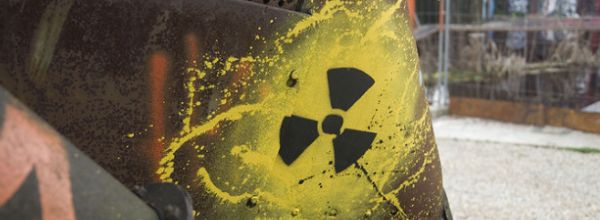Is it Autoclavable? A Bitesize Guide to Autoclavable Materials
Autoclaving something that isn’t autoclavable is usually embarrassing, dangerous, or both! Read this simple guide to autoclavable materials in biology labs to demystify what you can and can’t autoclave.























